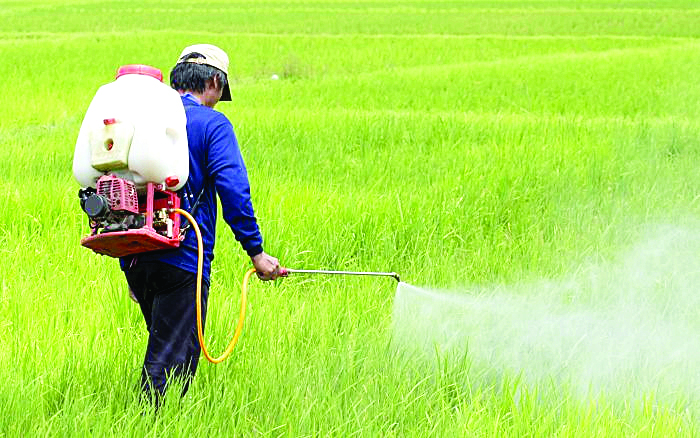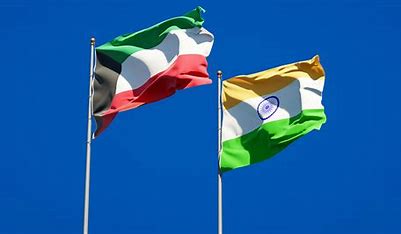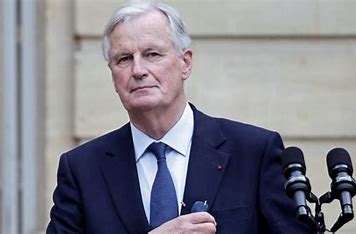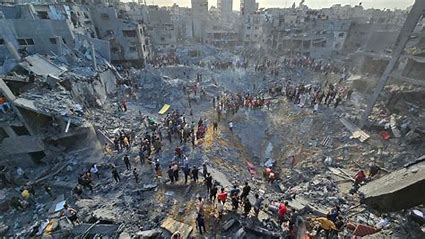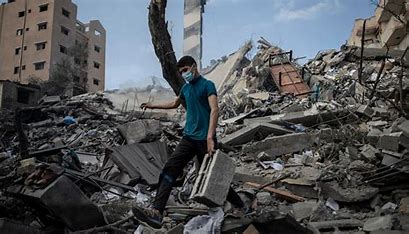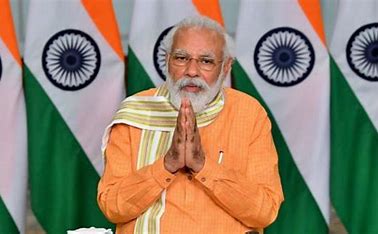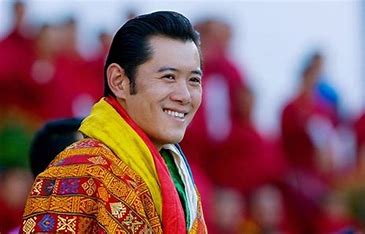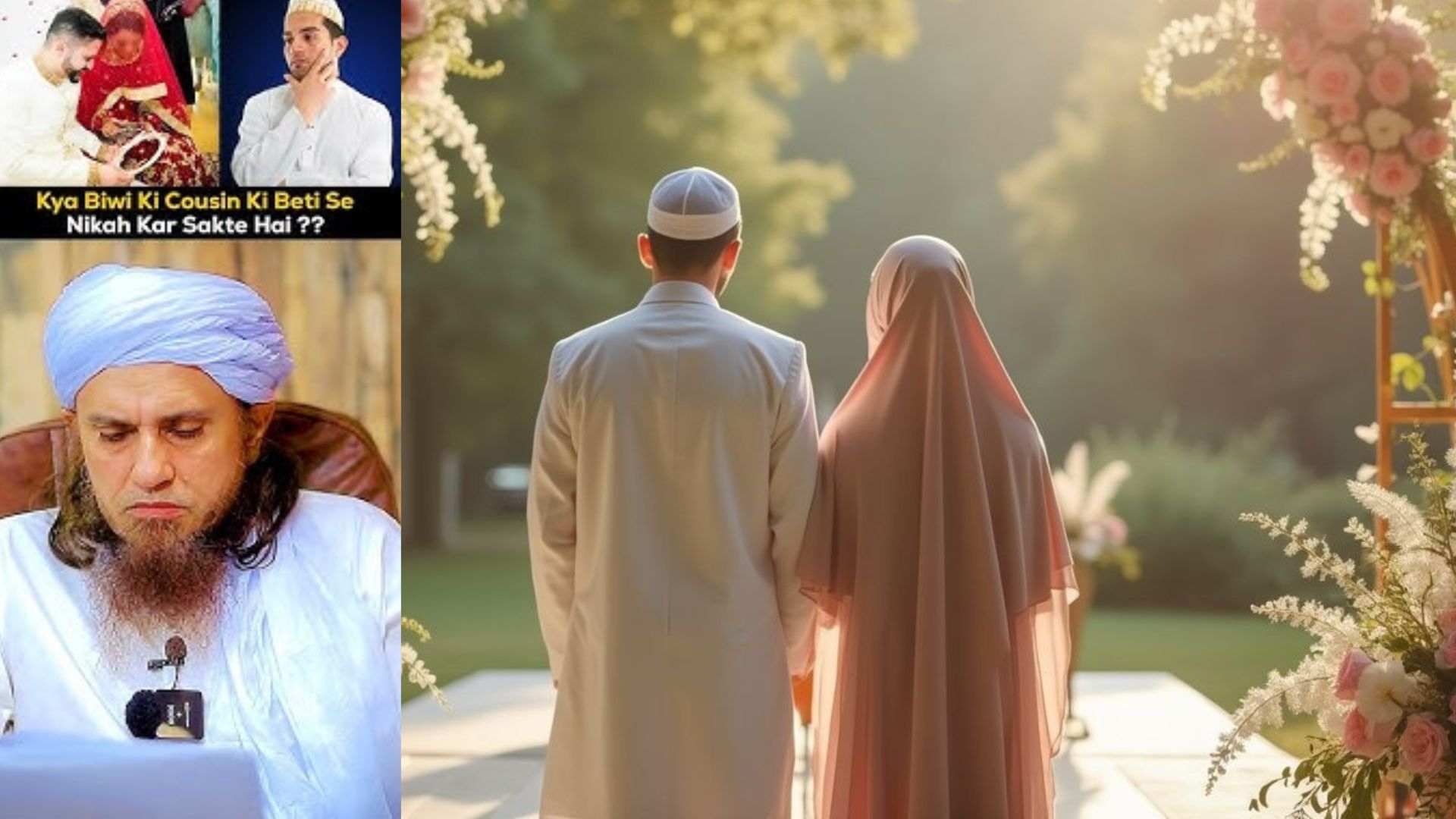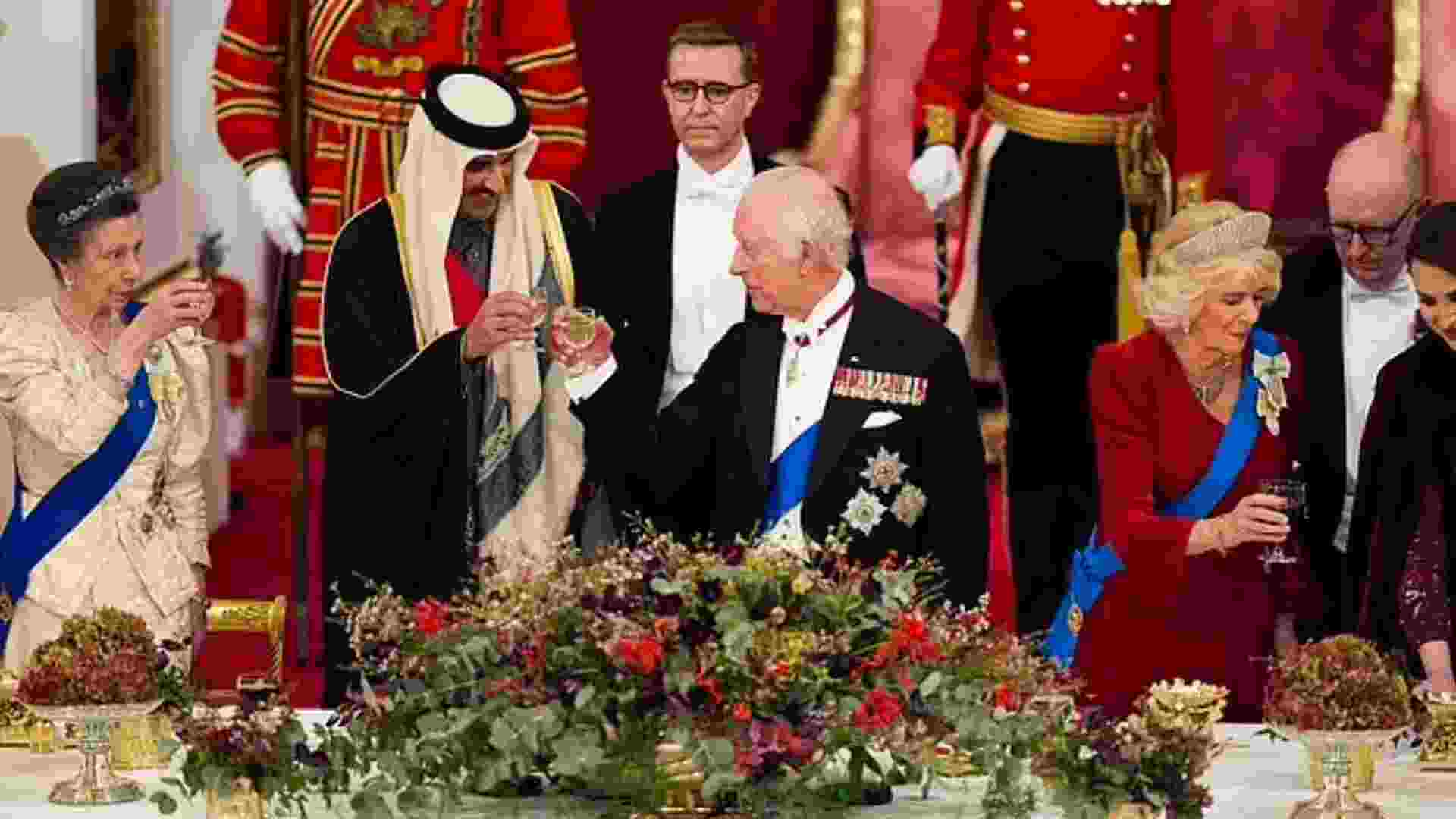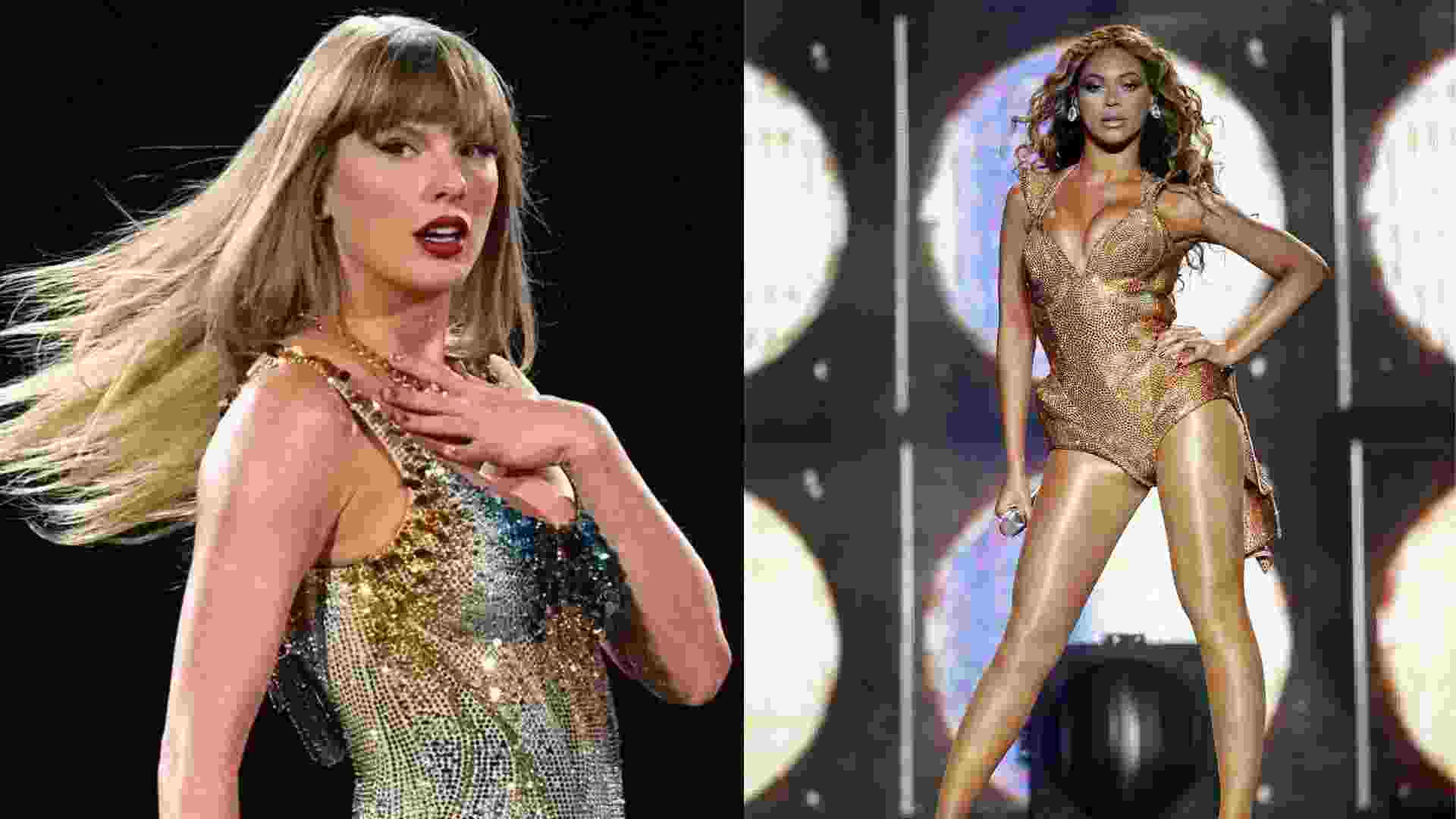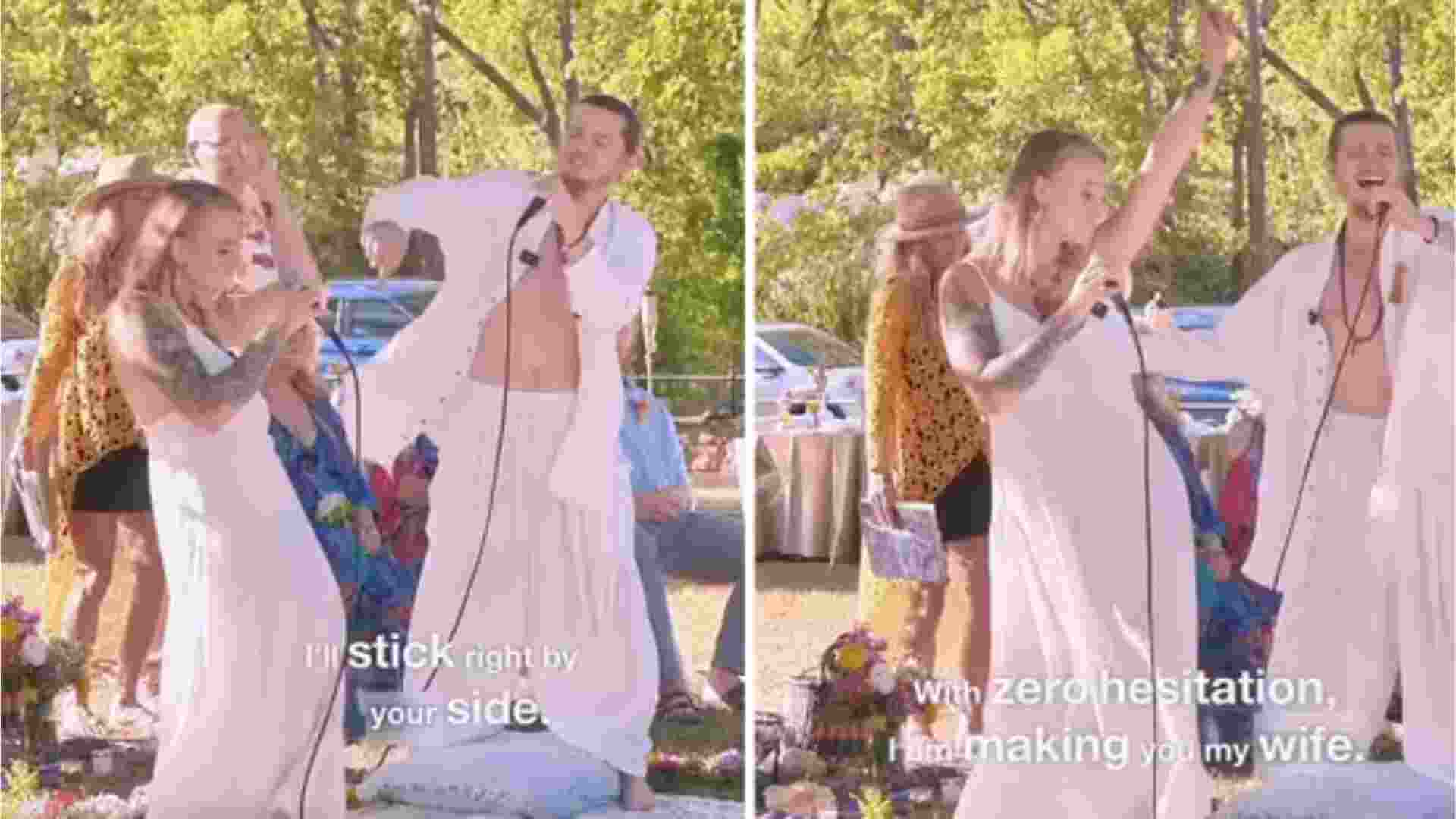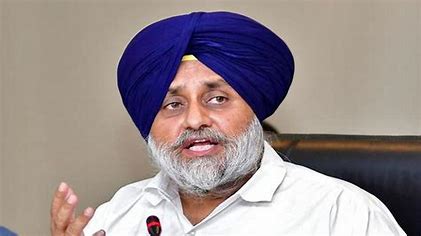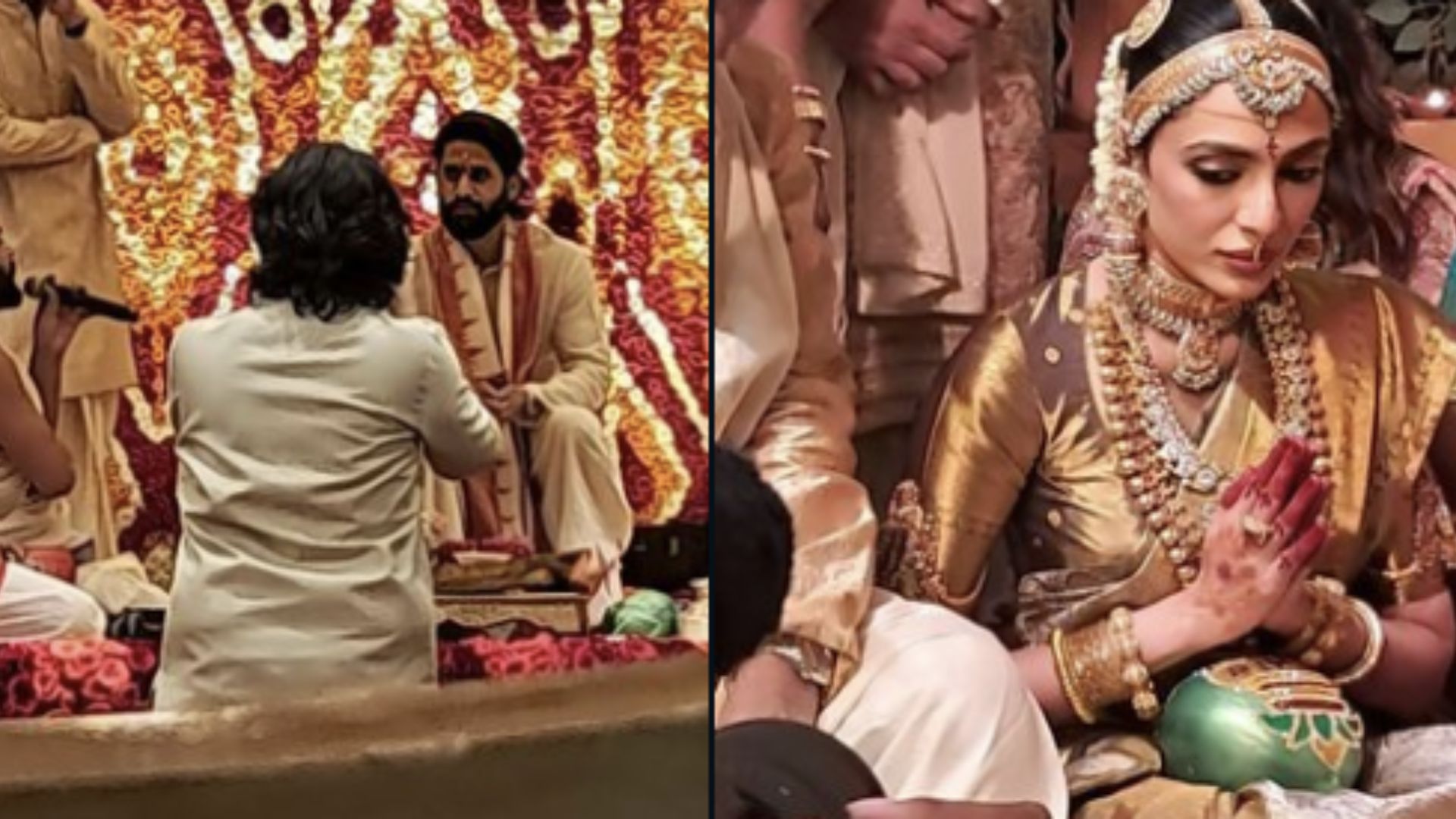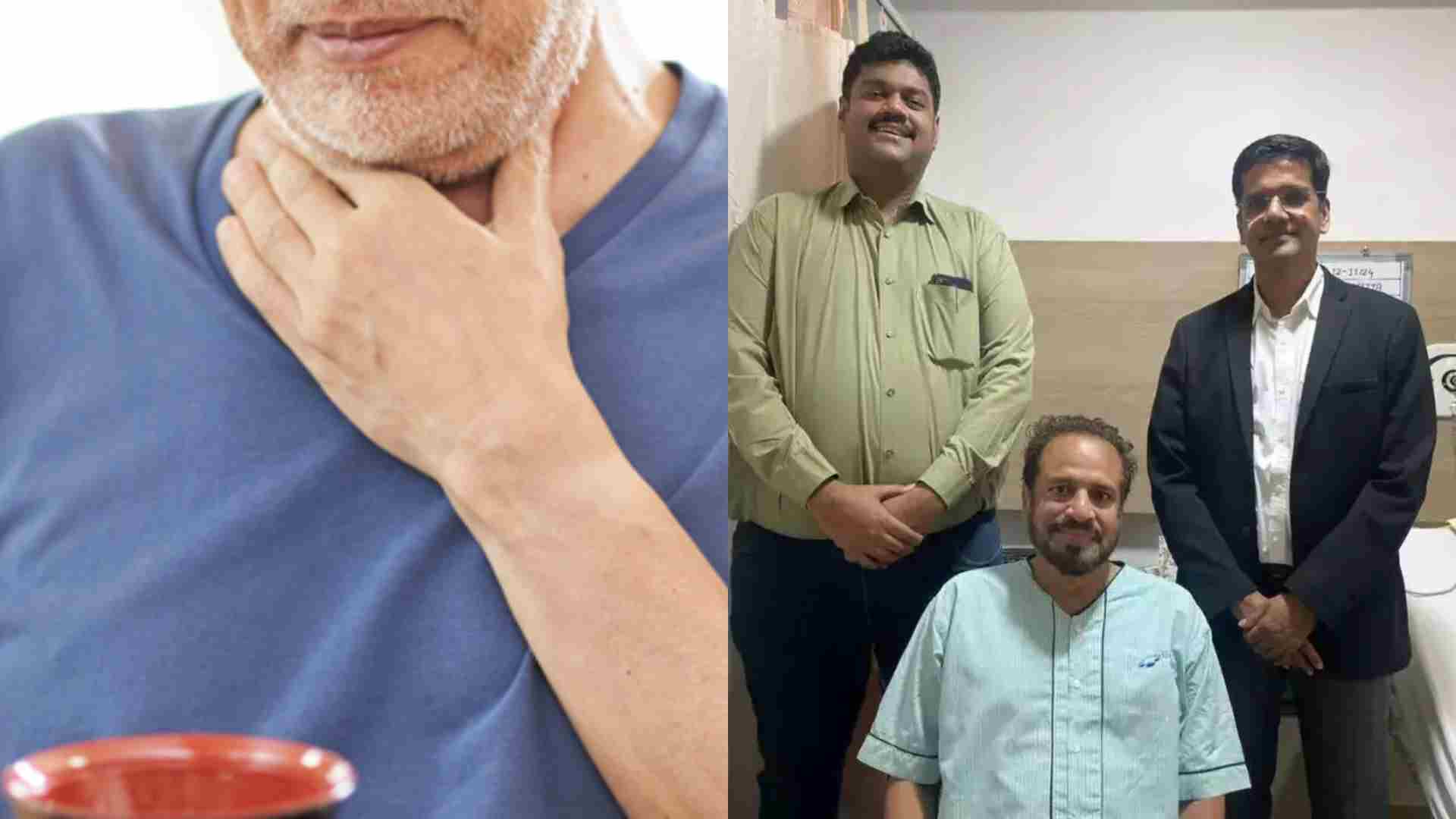
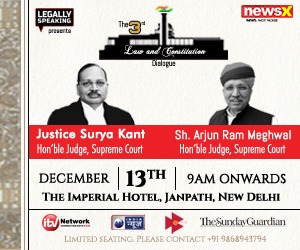
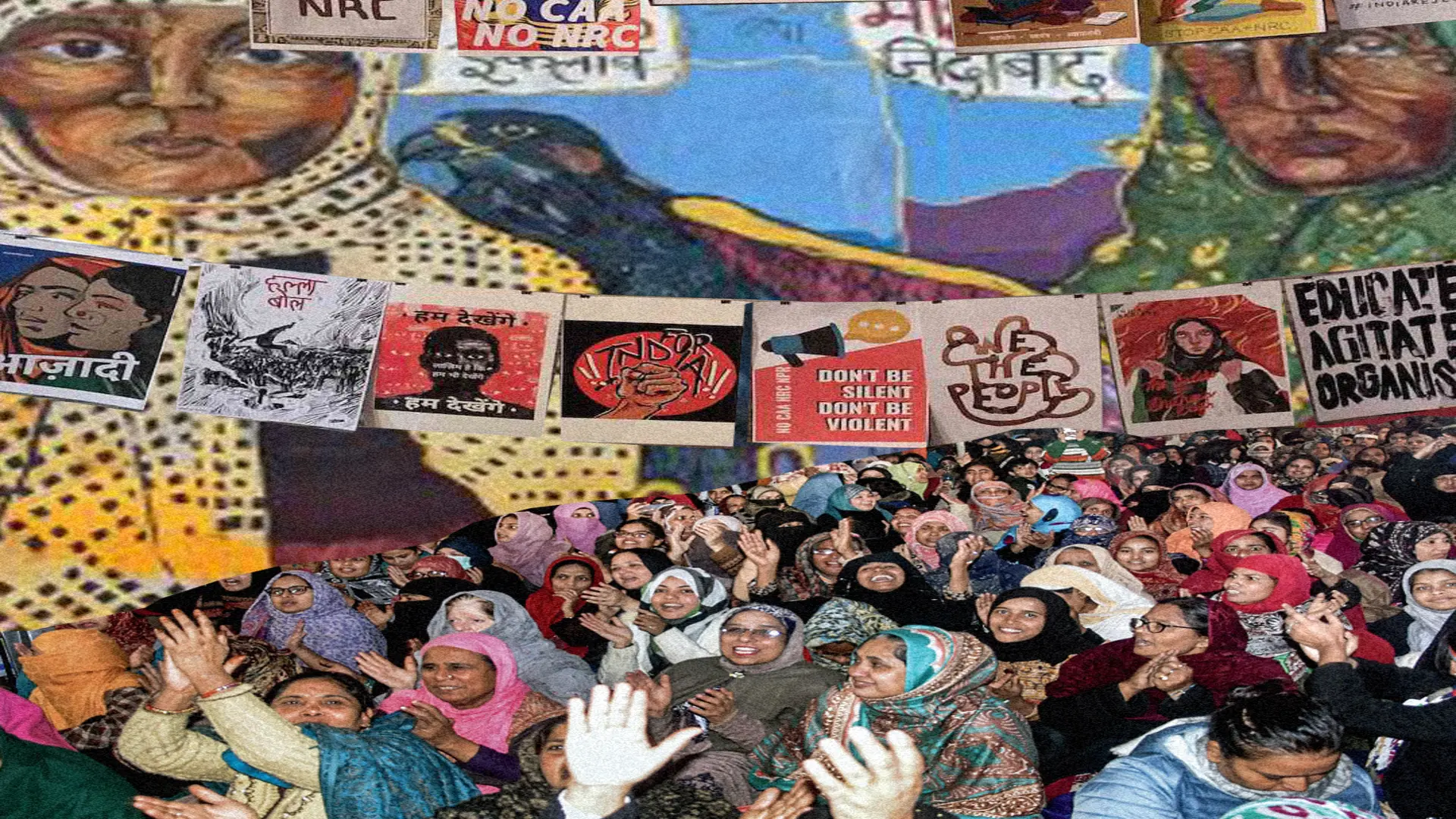
A petition has been submitted to the Delhi High Court, urging the central government to establish regulations that protect artists from the unauthorized use of their original works by artificial intelligence (AI) platforms. The petition also calls for the Ministry of Electronics and Information Technology to amend the Information Technology Act to create a framework for enforcing and regulating AI, aiming to mitigate potential systemic and societal risks.
The bench, comprising Chief Justice Manmohan and Justice Tushar Rao Gedela, has scheduled the plea to be heard alongside an existing case concerning the misuse of deepfake technology. The court referenced its recent instructions to a committee formed by the Union Ministry of Electronics and Information Technology to examine deepfake issues. In an order dated November 21, the bench directed the committee to engage with various stakeholders, including internet intermediaries, telecom service providers, victims of deepfake technology, and websites utilizing deepfakes.
The petition, filed by Kanchan Nagar, Vikas Saboo, and Mash Audio Visuals Private Limited, alleges that AI platforms are unlawfully using artists’ original works as datasets to train generative AI software. This practice, according to the petitioners, constitutes a significant violation of the copyright protections granted to artists under the Copyright Act, 1957. They further argue that such use of these works threatens artists’ livelihoods by replacing their jobs, ultimately endangering the sustainability of their careers.
The petition states: “Artists have become prey to AI stealing their original copyrighted works for use as datasets to train AI software by various AI platforms without obtaining their consent or providing fair compensation to the original creators/holders of copyrighted works for the use of their intellectual property.”
It has recently come to light that AI software is being trained to generate images captured by photographers by illicitly using images uploaded on stock photography websites such as Images Bazaar. The petition alleges that AI platforms illegally access copyrighted images from these websites without permission, feeding them into their systems to train AI software capable of generating images conceptually similar to those created by photographers, albeit with different outputs. Such actions, the petition adds, infringe upon intellectual property rights, both in the use of photographers’ images as data inputs for training and developing stable diffusion, and in the synthetic images produced, which reproduce the copyrighted work.
This not only undermines the collective artistic efforts of creative professionals, such as those employed by Images Bazaar, but also constitutes a serious violation of the personality rights of freelance models featured in these images, the petition adds.
Also read: ‘Sukhbir Badal Assassination Attempt Khalistani Plot’, SAD Demands NIA Inquiry
The petition emphasizes that the work of artists—including photographers, writers, music producers, and designers—is being used to train AI systems capable of creating images and texts that replicate their artistic styles, posing an existential threat to artists and other creators.
